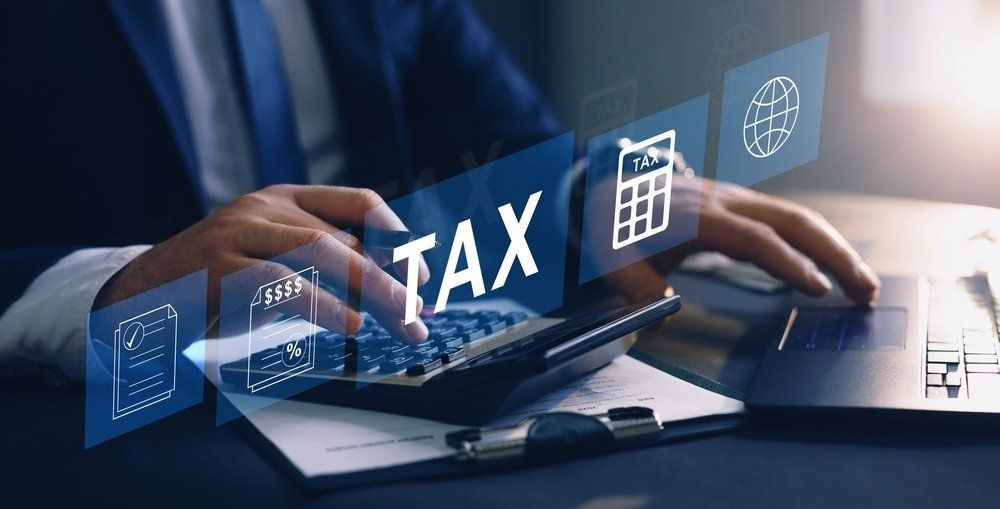How To Find The Best Accountant Near Me
There are a few tips that will help you find the best accountant near me. It is important to compare a variety of accountants before you make a final choice. By conducting a series of interviews with the accountants you are considering, you will be able to determine the type of accountant you want to work with. These interviews will also give you some free advice and help you decide what kind of accountant your business needs.
Tax Accountants
If you're having trouble finding an accountant near you, there are a few things you can do to narrow down your search. First, look for a PTIN, or a professional tax identification number. In addition, your accountant should belong to a professional organization that requires its members to follow a code of ethics. Finally, look for someone who is a certified public accountant. While you may be able to work with a local C.P.A., you will need a certified public accountant to work on your behalf.
Next, look for references. Getting references from previous clients is an excellent way to check on the information provided by an accountant. If possible, talk to their former clients, as they will likely be more apt to give you the best advice. Additionally, try to contact the references personally, as they are often more reliable than professional references. Regardless of the type of accountant you choose, remember to ask for references, as you will need them in the future.
Business Accountants
Hiring a business accountant can be a great help when reviewing and filing taxes. An experienced accountant can also give you advice and guidance on running a successful business, and guide you through the process as your company grows. A skilled business accountant can also help you identify every tax deduction and ensure your cash flow is at a healthy level. You should seek referrals from other business professionals in your area, including bankers, lawyers, and industry networks.
Hiring a business accountant can make sense if you have limited time or knowledge about accounting. These professionals know the ins and outs of different legal structures, and will be able to explain the pros and cons of each one to you. Not only can they answer all of your questions, but they will also give you advice on whether you should be pursuing a loan or not. If you need a loan, an accountant can also advise you on interest rates, terms, and conditions.
Tax Preparers
One of the most important steps in hiring a new CPA is to ask for references. Although you may be hesitant to ask for references, you should try to get at least one from a friend or family member. These people can provide you with a wealth of information about the accountant's work, experience, and interpersonal skills. If you can find an accountant with a solid list of references, you are well on your way to finding a great CPA near you.
Before you make the first appointment, ask them the following basic questions. If the preparer doesn't seem willing to answer, move on to the next candidate. Don't feel like talking too much. It's important to let them speak their minds. It will also help if you can tell them about your specific tax problems. You may find that an experienced CPA has more experience than a newbie. Ask them what kinds of services they offer, and if they specialize in those areas.
Bookkeepers
It's hard to find the best accountant near me, but the process can be made easier with these tips. Regardless of the size of your business, there's no need to settle for the first one you find, no matter what their location. A quick online search can yield dozens of results, and you can also use social networking sites like LinkedIn to find accountants near you. Make sure to choose someone with experience and qualifications, and don't be afraid to ask for references.
Once you've narrowed down your search, it's time to interview prospective accountants. While you might be tempted to choose the first accountant you come across, it's best to interview a few to get an idea of their level of expertise and working style. If you don't have a good idea of what you need, you can also get free advice from a few accountants before you make a decision. Bookkeepers can really help you save capital expenditure when compared to an accountant.
Self-employed Accountants
Hiring a self-employed accountant can help you keep your books in order. Although this type of accountant usually works on tax returns, many also perform other services, including bookkeeping and business advising. If you are self-employed, you might wonder how to find the best self-employed accountant near me. Listed below are some things to look for in an accountant. You may find a professional who offers these services nearby.
Make sure to check the credentials of your accountant. It is always good to check out references from people you trust and ask for recommendations from them. Besides checking credentials, you can also check whether the accountant is registered with any regulatory bodies or has any marks on their record. If you want to find a female accountant, try consulting with fellow business owners and ask for referrals. Often, word of mouth is the best source of recommendations. If you don't have a personal connection with an accountant, consider consulting a small business owner who is a member of the Accounting & Financial Women's Alliance.



